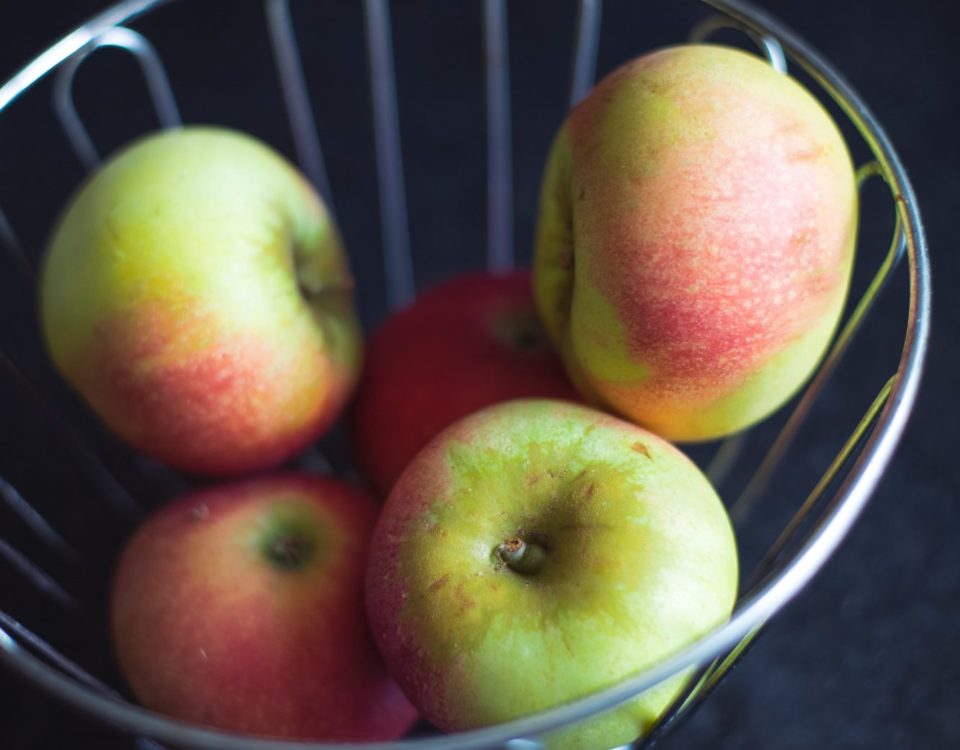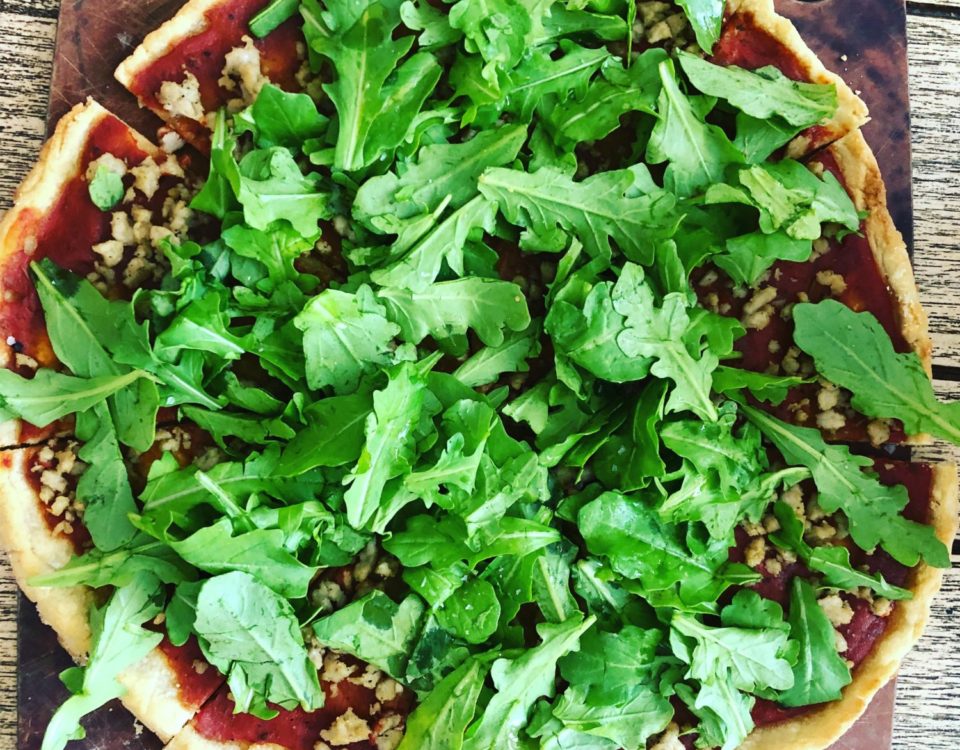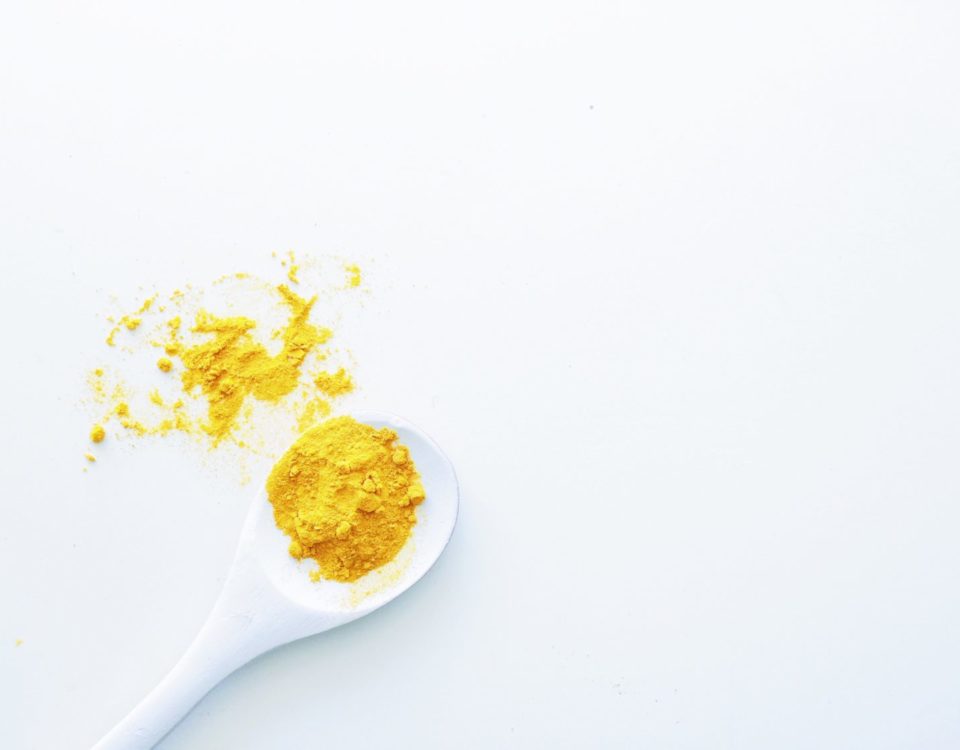PREVENTIVE WELLNESS – IT’S TIME TO OWN YOUR HEALTH

Historically, western medicine has focused on treating illness and injury, not on keeping people well. This reactive approach scrambles to treat symptoms, NOT identify what is actually causing them. But by the time symptoms are present, harm is already being done, and un-doing harm can be challenging. Symptoms are an end-stage occurrence. Your body has already been sick well before symptoms appear.
Trying to treat symptoms as they pop up, like a game of Wac-a-Mole, while simultaneously playing detective to discover the root cause, and then trying to resolve it, is pretty complicated. How much better it would be to concentrate more on keeping healthy in the first place, and preventing problems from occurring. This approach, known as proactive or preventive wellness, is nothing new to many non-Western cultures, but now the medical establishment has begun testing these approaches.
The results are clear.
Our diet, activity level, sleep, and how we manage stress all have profound effects on our health. If these lifestyle factors work in our favor, they help our body fight off illness and keep strong. Healthy diet, sleep and stress habits result in a strengthened and improved immunity system and a lessening of free radical damage.
“Preventive wellness” is really just a fancy way of describing what happens when you decide to make focusing on a healthy diet and lifestyle a priority. Although the advice to “eat right and exercise” is nothing new, it’s more important in today’s world than ever, and it is crucially important at every stage of life.
Children who are raised with healthy diets are less likely to develop childhood asthma and allergies. What’s more, they develop good habits, and can see what a healthy lifestyle looks like. This makes it much more likely that they will continue those habits as adults. Adults who follow healthy lifestyle habits get sick less often. But even more important than not getting a cold or flu, those healthy habits may be doing much more. They could be silently preventing you from something much worse.
Experts suggest that the alarming increase of autoimmune diseases in the past few decades may be due, at least in part, to unhealthy lifestyle factors. Following a preventative wellness routine, however, can decrease your chances of developing an autoimmune disease. Rheumatoid arthritis, Hashimoto’s thyroiditis, lupus, celiac disease, type 1 diabetes, multiple sclerosis are all examples of autoimmune diseases that can be prevented by adopting an anti-inflammatory diet, creating a healthy microbiome and avoiding triggers that can cause leaky gut. Leaky gut is part of the “3-legged stool of autoimmune disease.” In order for an autoimmune disease to occur, three components must be present. First, you need to have the genetic predisposition. Second, you need an environmental trigger. These triggers may include a virus, such as Epstein-Barr, or a specific antigen like the protein in gluten. And last but not least, you need to have intestinal permeability (aka leaky gut). As Chris Kresser states, a leaky gut can occur due to any number of reasons such as food sensitivities, gut infections, or chronic stress.
As we age, diet and lifestyle remain crucial to quality of life. Risk of dementia, Alzheimer’s, and other neurological diseases can rise or fall depending on diet, as well as other lifestyle and environmental factors. Unless you’re an unlucky minority with a strong genetic marker, you can alter the path ahead. A diet rich in heathy fats and whole-plant-based foods, low in carbohydrates and processed food, and void of gluten can stack the deck in favor of healthy brain aging. In fact, we’re just starting to truly understand how much of a role diet, lifestyle and one’s environment play in most diseases, including cancer, autoimmunity, autism, ADD/ADHD, Parkinson’s, and many more.
There are actions we can take, right now, that will help us avoid illness and disease, and age well. These lifestyle changes are not expensive, don’t require special equipment, and are pretty straight-forward. That doesn’t mean it’s easy! Replacing bad habits with better ones can be challenging, but there are ways to make it easier.
Diet
A healthy diet doesn’t have to be boring, hard to follow or tough to stick with. But you do need to know which eating plan is right for you. There’s a ton of advice about how to eat out there, but the problem is that much of it is contradictory and confusing! Vegan or paleo? Six mini-meals or a one-day fast?
This is where the concept of bio-individuality comes in. Bio-individuality means that there is no “one-size-fits-all” diet. Each person has unique nutritional requirements, based on their genetics, metabolism, health concerns and personal tastes. I work one-on-one with my clients, to help them sort through all the confusing information and figure out the best way to eat for their unique body.
Stress Management
We all know how bad stress makes us feel, but we may not realize the physical damage it can do to us. If we are constantly feeling stressed, especially combined with poor diet, too much alcohol, and not enough sleep or exercise – as is so common! – our bodies suffer. “Allostatic load” is a term that refers to cumulative wear and tear on your body that results from all stressors. These include environmental stressors, inflammatory foods, chemicals and toxins, viruses, parasites, infections, medications (NSAIDS, birth control pill and antibiotics) and chronic emotional and physical stress.
Decreasing our allostatic load increases health. To accomplish this, we have to find out how to cope with stress better, and how to minimize stressors in our life. A successful approach to reducing stress must address both internal and external factors. Worry, anxiety, and negative or self-defeating internal monologues increase stress as much as environmental factors.
There are techniques we can learn that can help us manage stress from inside: meditation, biofeedback, simple breathing exercises, and learning new, positive internal scripts. There are also tactics we can use to remove stressors from our environment: changing our routes so we don’t pass that doughnut shop, hanging out with positive role-models (fitness and sloth are both contagious!), and avoiding stress triggers. And a good network of social support – friends and family we can confide in and count on – reduces allostatic load. Stress often makes us borrow deep inside emotionally. But if we can find the strength and trust to reach out to those in our inner circle, we discover that sharing the load reduces the strain.
A close and thoughtful examination of our external stress factors could lead us to discover solutions – or at least ways to help improve things. Tackling issues of work, finances, and interpersonal relationships with an open and creative mind may reveal insights. But not if we assume that there’s nothing we can do. Feeling powerless is stressful to both mind and body, yet it can be tempting to claim powerlessness and victimhood. Why? Those roles give us permission to give up. But we are not powerless over stress. We do have agency – power – to control how we respond to whatever life throws at us.
Exercise
“Sitting is the new smoking” – have you heard that one? Studies have shown that people who spend many hours each day sitting (that’s why I have a standing desk) are at risk for a host of physical problems.
Exercise can take many forms. Not everyone wants to sign up for boot camp or a 20-pack of spin classes. Incorporating movement into our daily lives is just as important as an hour in the gym three times a week. Taking “desk breaks” to get up and walk or stretch; taking the stairs; parking a bit further away; and taking walks are all great ways to keep your blood flowing.
There are ways to exercise to suit anyone: Yoga in many very different forms; Pilates; tai chi (a very slow and dance-like Chinese martial art) and other martial arts; traditional weight training and cardio; functional weight training (like boot camp); quick and efficient high intensity interval training; running, biking, hiking, skating, or almost any sport; dance; or even daily activities like gardening and housecleaning. The important thing is to keep moving!
Sleep
In the competitive marketplace, it’s long been assumed that working harder and longer is the way to succeed. Type-A alphas brag about how little sleep they needed. It’s a badge of honor to claim to need “only a few hours” sleep. But now things are changing drastically.
If you don’t believe it, take a look at Adrianna Huffington, the founder of Huffington Post and a poster-child for the “burning the candle at both ends” lifestyle. After years of sleep deprivation, she had a personal crisis, leading her to examine her behavior. The result is a book that echoes the leading experts’ understanding of the importance of sleep. She examines and explains the profound consequences of sleep deprivation on our health, work, relationships and happiness.
Businesses are beginning to understand that sleep-deprived employees make mistakes and don’t do their best work. Some offices have cut down on expected overtime hours; some have even installed “nap rooms.” Change comes slowly to the workplace, but you can protect your night-time sleep hours.
If you have trouble unwinding after a long and stressful day, there are ways to combat insomnia. Reducing screen-time in the hours before bedtime is key. Science has shown that the type of light from our smartphones, pads, and other devices interferes with the body’s circadian rhythms. In fact, turning off the TV or devices and taking a walk after dinner instead is a great way to set yourself up for a better night’s sleep. There are many other habits and techniques you can use to help you get to sleep. I work with my clients to discover individual tips that work for them.
Dental care
One of the most under-recognized factors affecting overall health is dental health. Most people aren’t aware of this, but there is a strong correlation between gum health and heart disease. Studies are working to prove this relationship between dental plaque and cardiovascular disease, but research suggests that good dental health may have preventative effects on cardiovascular health. Research has also shown evidence that people with diabetes benefit from professional teeth cleanings.
Getting back to nature
Nature has some serious healing effects on your body. In their book, Your Brain on Nature, physician Eva Selhub and naturopath Alan Logan discuss how natural, outdoor environments are more likely to promote positive emotions. They point out that walking in nature has been associated with heightened physical and mental energy. It has also been found to benefit children with ADD and autism. Making a point to get outside for a run, hike, or stroll is very important to your wellbeing, not to mention that it boosts your vitamin D levels! No matter where you live, even if it’s in a concrete jungle, get back to nature by getting outside on a regular basis. You will notice that that it will lighten your load, clear your mind and help put things into perspective.
Preventive wellness is a 21st century approach to health steeped in ancient wisdom.
By shifting the focus away from trying to repair damage, and concentrating on becoming and staying healthy, preventive wellness treats the whole person, not just the symptoms. The result is increased vitality, more energy, better moods, and a growing awareness that you’re not getting sick as often as before. Keeping up with maintenance to avoid costly repairs is a concept we apply to our cars and our homes. Shouldn’t the same idea be true for our bodies?
Are you ready to join my preventive wellness tribe and learn how you can implement it into your life!? Email me for a 15-minute, free consultation. Also, follow me on Instagram @jennishouston and join my my #iownmyhealth movement!



